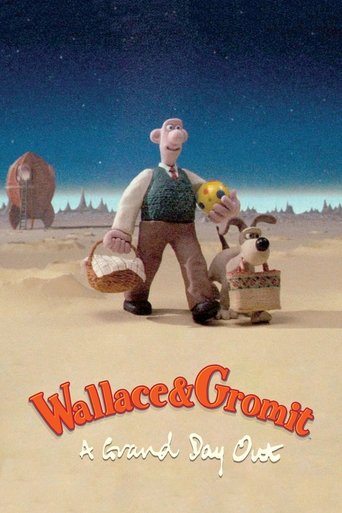
18 May 1990

A Grand Day Out
Wallace and Gromit have run out of cheese, and this provides an excellent excuse for the duo to take their holiday to the moon, where, as everyone knows, there is ample cheese. Preserved by the Academy Film Archive.
Background is a 1973 American short documentary film directed by Carmen D'Avino. It was nominated for an Academy Award for Best Documentary Short. The original version was preserved by the Academy Film Archive in 2012.

18 May 1990

Wallace and Gromit have run out of cheese, and this provides an excellent excuse for the duo to take their holiday to the moon, where, as everyone knows, there is ample cheese. Preserved by the Academy Film Archive.
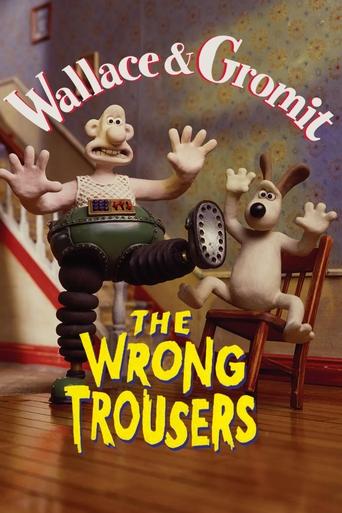
17 Dec 1993

Wallace rents out Gromit's former bedroom to a penguin, who takes up an interest in the techno pants created by Wallace. However, Gromit later learns that the penguin is a wanted criminal. Preserved by the Academy Film Archive.
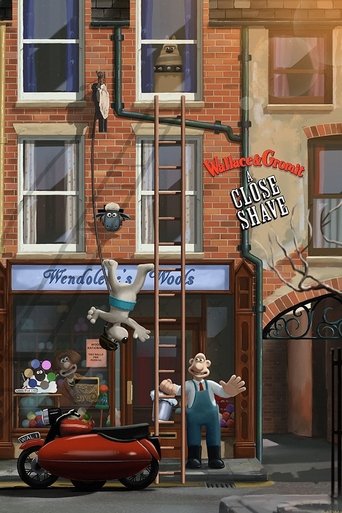
07 Mar 1996

Wallace's whirlwind romance with the proprietor of the local wool shop puts his head in a spin, and Gromit is framed for sheep-rustling in a fiendish criminal plot.
01 May 1972
This film reveals through flashbacks how a 13-year-old boy and his family attempt to deal with the child's fatal affliction with leukemia. Preserved by the Academy Film Archive in 2012.

08 Nov 1960

Primary is a documentary film about the primary elections between John F. Kennedy and Hubert Humphrey in 1960. Primary is the first documentary to use light equipment in order to follow their subjects in a more intimate filmmaking style. This unconventional way of filming created a new look for documentary films where the camera’s lens was right in the middle of what ever drama was occurring. Preserved by the Academy Film Archive in partnership with The Film Foundation in 1998.
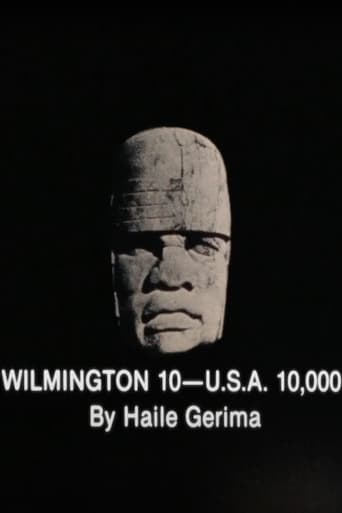
01 Jan 1979

A documentary on the Wilmington 10, 9 afro-Americans and 1 white woman who were unjustly imprisoned. 4K digital restoration by the Academy Film Archive released in 2021.
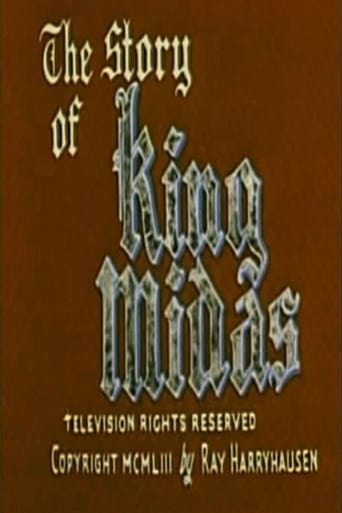
01 Jan 1953

A greedy King Midas is visited one day by a mysterious visitor who grants him the ability to turn all things he touches to gold. He learns his lesson when the food he tries to eat and his own daughter are turned to gold as well. The visitor reappears and offers him the opportunity to return to his old self, which he gladly does. Preserved by the Academy Film Archive in 2004.
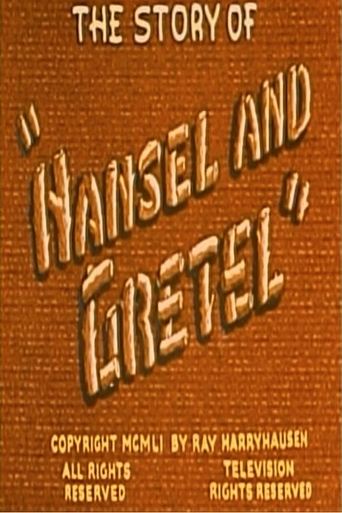
05 Feb 1951

Stop-motion puppetry version of the classic fairy tale. Preserved by the Academy Film Archive in 2004.

07 Dec 1945

Produced by the Army Pictorial Service, Signal Corps, with the cooperation of the Army Air Forces and the United States Navy, and released by Warner Bros. for the War Activities Committee shortly after the surrender of Japan. Follow General Douglas MacArthur and his men from their exile from the Philippines in early 1942, through the signing of the instrument of surrender on the USS Missouri on September 1, 1945. Preserved by the Academy Film Archive in 2013.
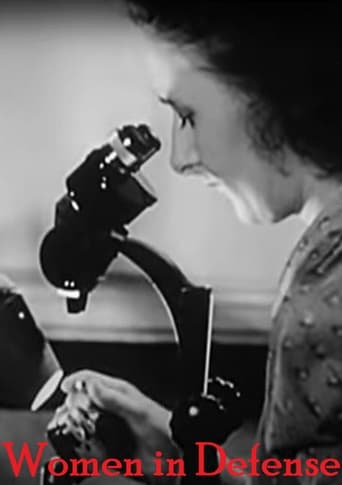
24 Dec 1941

Short documentary extolling the virtues and necessity for women to participate in America's preparation for war, showing women working in scientific, industrial, and voluntary-services activities. Preserved by the Academy Film Archive in 2008.
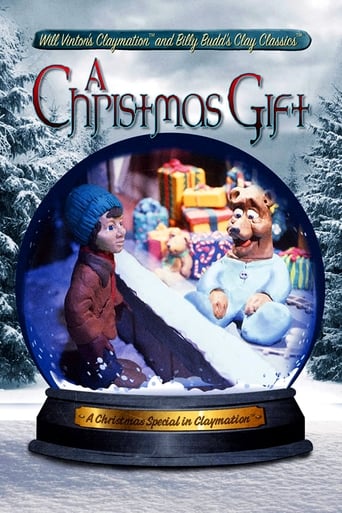
22 Dec 1980

On Christmas Eve, a lonely young boy, shut out from the shiny world of presents and holiday parties, peers into a candlelit window, where a gray-haired lady sits sadly at a bare table. Taking the last bit of bread and cheese from his pocket and adding wine, they share this meager Christmas dinner together. Preserved by the Academy Film Archive in 2012.
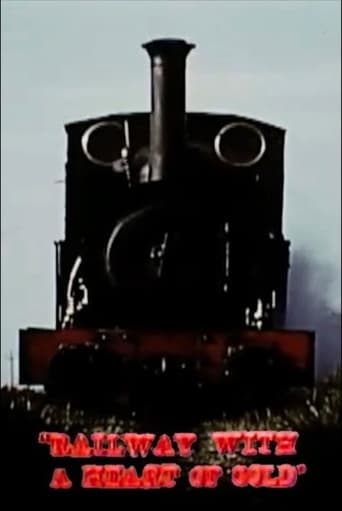
01 Jan 1965

This film is an account of the Talyllyn Railway, a historic narrow-gauge slate carrier in Tywyn, Wales, and its operation by a preservation society who saved it from being sold for scrap. Although the release date is 1965, it was actually filmed in the early 1950s. Preserved by the Academy Film Archive in 2012.
13 May 1950
This short film takes a look at the off-screen personas of screen actors. Preserved by the Academy Film Archive in 2012.
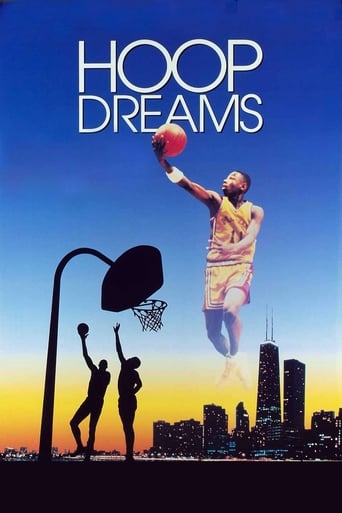
12 Sep 1994

Every school day, African-American teenagers William Gates and Arthur Agee travel 90 minutes each way from inner-city Chicago to St. Joseph High School in Westchester, Illinois, a predominately white suburban school well-known for the excellence of its basketball program. Gates and Agee dream of NBA stardom, and with the support of their close-knit families, they battle the social and physical obstacles that stand in their way. This acclaimed documentary was shot over the course of five years.
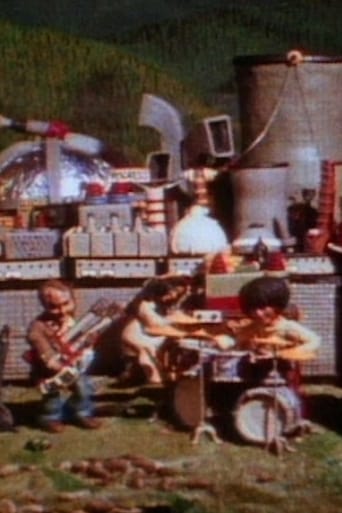
01 Jan 1976

Mountain Music illustrates what happens when technology gets too advanced too soon. Preserved by the Academy Film Archive in 2012.
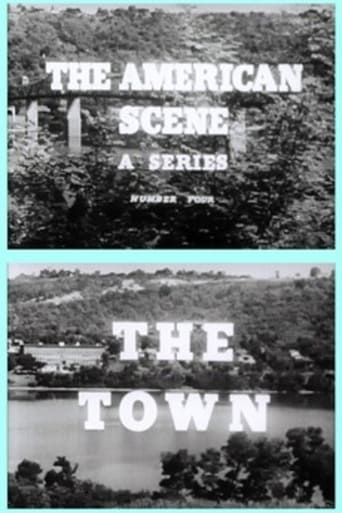
01 Jan 1944

The Town was a short propaganda film produced by the Office of War Information in 1945. It presents an idealized vision of American life, shown in microcosm by Madison, Indiana. It was created primarily for exhibition abroad, to provide international audiences a more well-rounded view of America, and was therefore produced in more than 20 translations. Preserved by the Academy Film Archive in 2012.
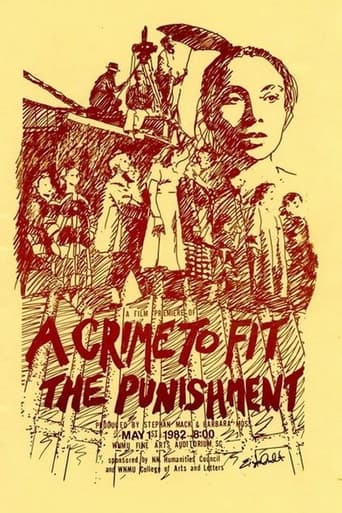
01 May 1982

This fascinating making-of documentary investigates the controversy and political atmosphere surrounding the production of Salt of the Earth, movingly chronicling the filmmakers' defiance of the blacklist. (BAM) Preserved by the Academy Film Archive in 2015.
01 Jan 1935
This fragmentary documentary was prepared at the request of the Academy of Motion Picture Arts and Sciences by Yoshio Osawa of the J.O. Studios in Kyoto, Japan, to illustrate current progress in Japanese sound picture technique. Preserved by the Academy Film Archive.
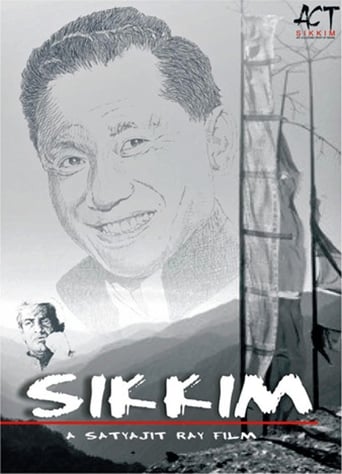
01 Apr 1971

Satyajit Ray's poetic documentary was commissioned by the Chogyal (King) of Sikkim at a time when he felt the sovereignty of Sikkim was under threat from both China and India. Ray's documentary is about the sovereignty of Sikkim. The film was banned by the government of India when Sikkim merged with India in 1975. The ban was finally lifted by the Ministry of External Affairs in September 2010. Preserved by the Academy Film Archive in 2007.
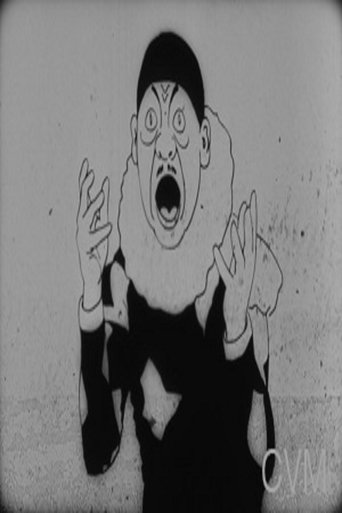
01 Jan 1924

What remains, unedited, of the first episode of a serial by several hands, subject to a form of supervision-control by Fischinger. It opens with an extremely happy image (a "creative hand" which subsequently returns from time to time) — with shading and movements which appear to have been achieved by the use of the Rotoscope — characters who evoke the commedia dell’arte, in a somewhat joyless tone, but visually dramatic and with echoes of "caligarism". Enno Patalas would like to visit the other surviving episodes, better to understand the spirit of the operation conceived by Louis Seel, designer emeritus and the inspiration of the project. Preserved by the Academy Film Archive in 2000.